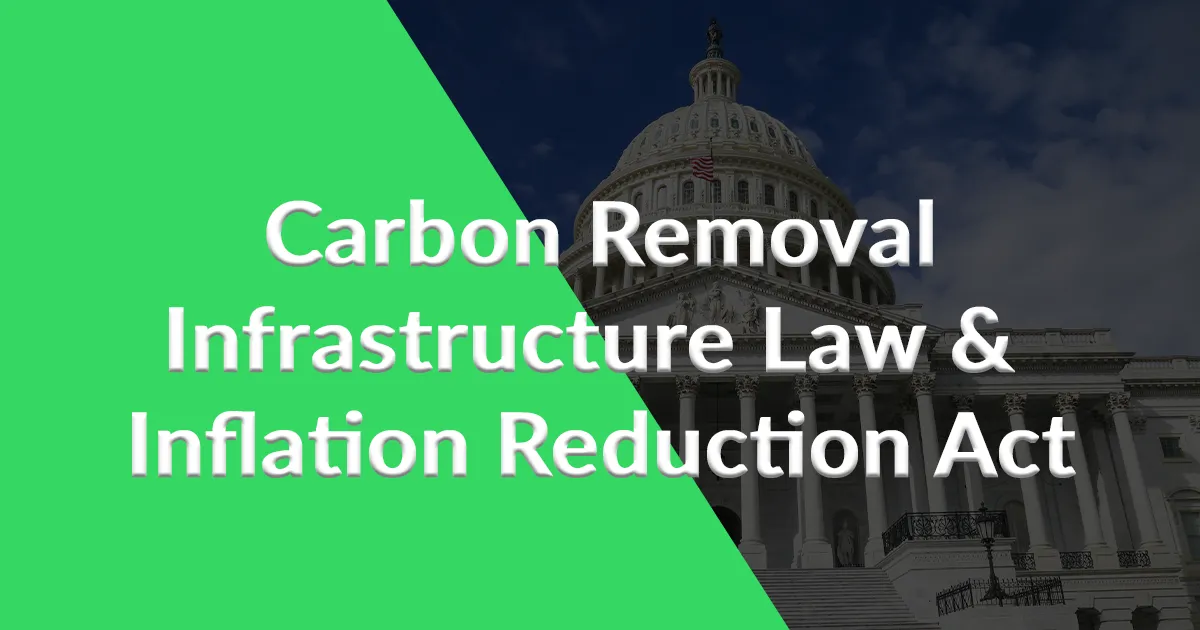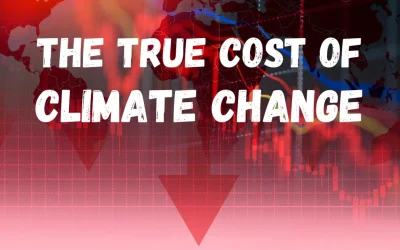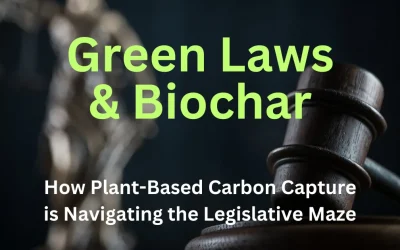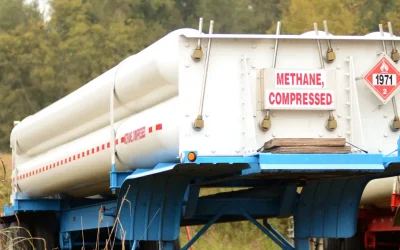Carbon removal refers to the process of capturing and storing carbon dioxide from the atmosphere or other sources such as power plants and industrial facilities. This can help reduce greenhouse gas emissions and mitigate the impacts of climate change.
The Bipartisan Infrastructure Law and Inflation Reduction Act, also known as the Infrastructure Investment and Jobs Act, was passed by the US Congress in 2021. The law includes provisions to support carbon removal and other climate-related initiatives, such as funding for research and development of carbon capture, utilization, and storage technologies.
Specifically, the law provides funding for the development and deployment of direct air capture and carbon storage technologies, as well as research on ways to use captured carbon for commercial purposes. It also includes provisions to support the planting and restoration of forests and other natural carbon sinks.
In addition to carbon removal, the law also includes funding for a wide range of infrastructure projects, such as roads, bridges, and broadband internet, and measures to reduce inflation, such as investments in workforce development and supply chain resiliency.
Overall, the Bipartisan Infrastructure Law and Inflation Reduction Act represents a significant investment in infrastructure and climate action in the United States, with the potential to support the development and deployment of carbon removal technologies and other initiatives to address climate change.
Ready to speak to the experts in the industry?
Dynamic Carbon Credits is ready to show you how to solve your most pressing business challenges. Contact us today and begin seeing the results.





